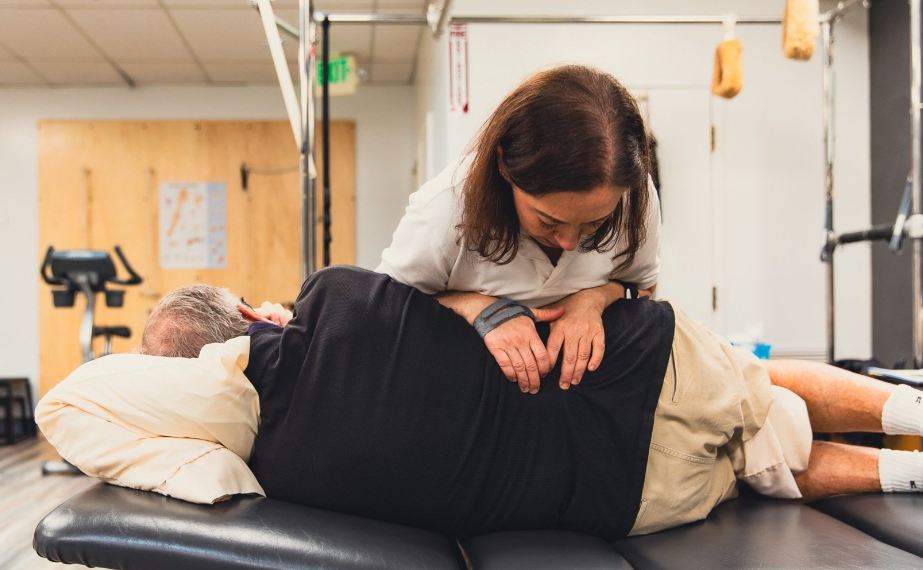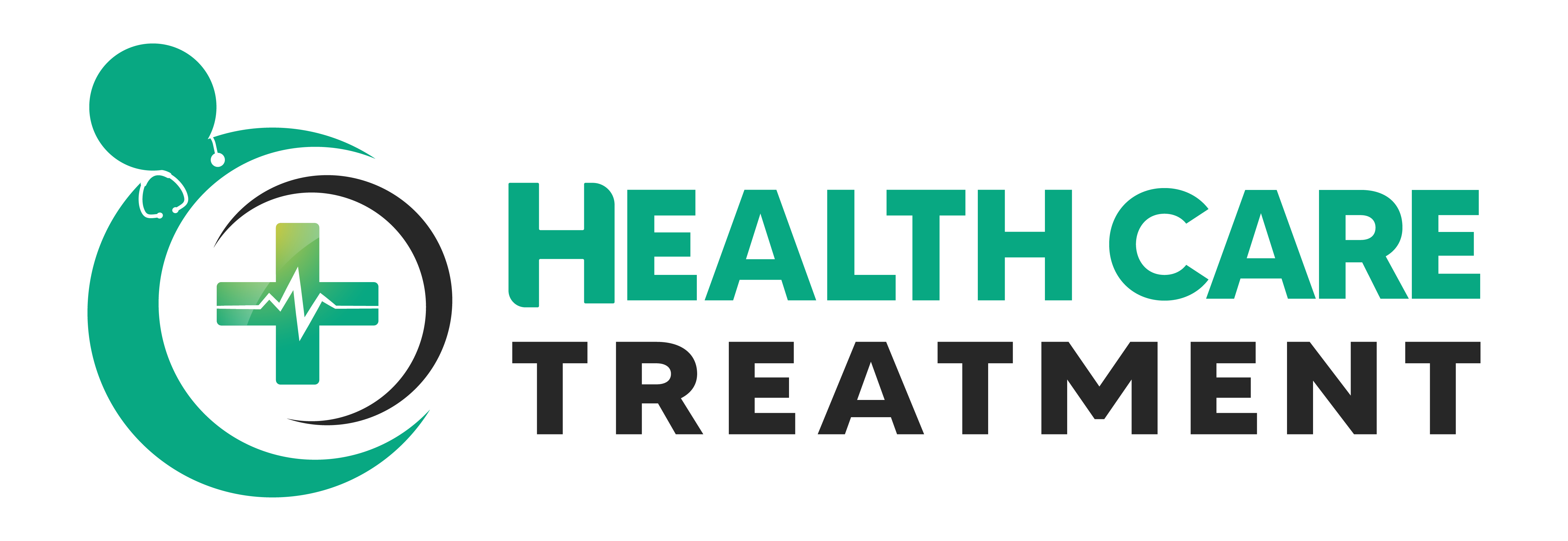15 Oct, 2024 | Olive Nguyen | No Comments
The Role of Sports Therapy in Injury Prevention and Rehabilitation

In the world of sports, athletes constantly push their bodies to the limit. Whether it’s running, jumping, lifting, or swimming, these physical activities can take a toll on the body. As a result, injuries are common. However, with the right approach, many of these injuries can be prevented, and when they do occur, recovery can be swift. Sports therapy plays a crucial role in both injury prevention and rehabilitation, helping athletes stay in peak condition.
This blog post will explore how RC sports therapy helps prevent injuries, aids in rehabilitation, and the importance of integrating it into any athletic routine.
What is Sports Therapy?
Sports therapy is a specialized branch of healthcare that focuses on the prevention, treatment, and rehabilitation of injuries related to sports and exercise. Sports therapists are trained professionals who use a combination of techniques—such as manual therapy, exercise rehabilitation, and education—to help individuals recover from injuries and improve performance.
Key Roles of Sports Therapy
1. Injury Prevention
Prevention is always better than cure, and sports therapy is a key player in minimizing the risk of injuries. Here’s how:
- Muscle Imbalance Correction: Over time, athletes can develop muscular imbalances due to overuse of specific muscles. Sports therapists assess these imbalances and design corrective exercises to strengthen weaker muscles and relax overused ones. This reduces the risk of strains, sprains, and other injuries.
- Improving Flexibility and Mobility: Limited range of motion can increase the risk of injuries. Sports therapy incorporates stretching techniques and mobility exercises to improve flexibility, thus reducing strain on joints and muscles during physical activity.
- Postural Education: Poor posture, especially during exercises, can lead to long-term injuries. Professional sports therapists provide guidance on maintaining proper form, which is essential for injury prevention.
- Warm-Up and Cool-Down Routines: Effective warm-up and cool-down sessions are key in preventing muscle soreness and injuries. Sports therapists craft personalized warm-up routines to prepare the body for intense activity and cool-down techniques to aid in muscle recovery.
2. Injury Rehabilitation
Injuries, whether minor or severe, can hinder athletic performance. Sports therapy plays an integral role in the rehabilitation process, ensuring that athletes return to their sport stronger and more resilient. Here’s how:
- Manual Therapy: Sports therapists use hands-on techniques, such as massage and joint mobilization, to reduce pain, improve circulation, and promote healing. This is particularly effective in reducing muscle tightness and joint stiffness post-injury.
- Personalized Rehabilitation Plans: No two injuries are the same, and sports therapists create tailored rehabilitation programs to address each athlete’s specific needs. These programs focus on restoring strength, flexibility, and balance to the injured area.
- Gradual Return to Activity: Returning to sports too soon can lead to re-injury. Sports therapists monitor progress and guide athletes through a gradual return to their sport, ensuring they are fully recovered and adequately conditioned for performance.
- Psychological Support: Injuries can be mentally taxing. Sports therapists not only work on physical rehabilitation but also provide psychological support to help athletes stay motivated and confident during their recovery.
3. Performance Enhancement
While injury prevention and rehabilitation are the core focuses of sports therapy, it also plays a role in enhancing athletic performance.
- Biomechanical Analysis: Sports therapists analyze an athlete’s movement patterns to identify inefficiencies. By correcting these movements, athletes can perform better and reduce the risk of injury.
- Strength and Conditioning Programs: Sports therapists design strength and conditioning routines to improve an athlete’s overall physical fitness. These programs are tailored to the specific demands of the athlete’s sport, ensuring they are prepared for peak performance.
- Recovery Optimization: Proper recovery is essential for maintaining performance across multiple training sessions. Sports therapists provide recovery strategies, such as cryotherapy, compression therapy, and stretching programs, to ensure athletes recover quickly and effectively.
The Importance of Integrating Sports Therapy into Athletic Routines
Whether you’re a professional athlete or someone who enjoys recreational sports, integrating sports therapy into your routine can have long-term benefits. Here’s why:
- Prevention of Chronic Issues: Many injuries, such as tendonitis or stress fractures, develop over time due to repetitive strain. Regular check-ups with a sports therapist can identify early warning signs and prevent these issues from becoming chronic conditions.
- Faster Recovery Times: When injuries do occur, sports therapy can significantly reduce recovery time, allowing athletes to get back to their sports faster and with less risk of re-injury.
- Improved Longevity in Sports: By addressing muscle imbalances, poor posture, and improper movement patterns, sports therapy can help athletes maintain their health and performance long into their careers.
- Holistic Approach to Health: Sports therapy doesn’t just focus on the injury itself. It takes a holistic approach, considering the overall health, fitness level, and mental well-being of the athlete. This comprehensive care leads to better outcomes and fewer injuries over time.
Conclusion
The role of sports therapy in injury prevention and rehabilitation cannot be overstated. By working with a sports therapist, athletes can not only reduce their risk of injuries but also enhance their performance and prolong their careers. From preventing muscle imbalances to ensuring a safe return to sport after injury, sports therapy is an essential component of any athlete’s routine.
